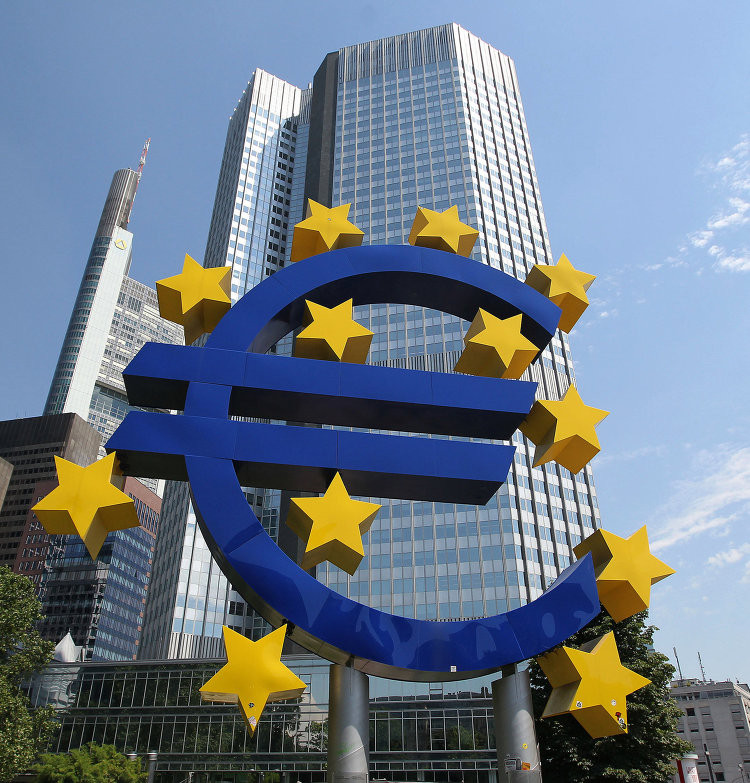
According to the latest data, Europe's main regulator, the European Central Bank, intends to review the previously adopted bond repurchase program in the near future. In addition, changes are also planned to be made to other asset repurchase programs for which the ECB has obligations.
The process of revising the key instrument that underlies the fight against the consequences of the crisis caused by the coronavirus pandemic, which is the debt securities repurchase program, will begin very soon. PEPP currently has a total budget of €1.35 trillion.
The press has long been speculating that the regulator no longer considers it necessary to continue this program and intends to start its gradual elimination. However, there are quite active debates in the management itself, which literally divided the regulator into two camps: some believe that it is time to curtail the program, it has already exhausted itself and there is no urgent need for it, others, on the contrary, propose to expand it and apply it in the future for still quite a long period of time. So far, these disputes have not been settled.
According to some sources, the ECB is now considering the duration of the program, as well as the possibility of using its flexible instruments in other asset repurchase programs.
Note that before the ratification of the ECB bond repurchase program, all such operations were carried out within the limits of the then adopted restrictions. They were necessary in order to relieve the main regulator of accusations that it directly funds the governments of the countries through its monetary policy. After the introduction of PEPP, the Central Bank began to deal more freely with the purchase of government bonds. In particular, it had the opportunity to buy out securities in the amount that corresponds to the proportion of the economy of each individual EU country. Thus, the restriction on the redemption limit of no more than a third of the country's public debt was eliminated.
However, at present, it is not very convenient to make the securities repurchase program even more flexible. First of all, the regulator may face a wave of criticism from individual countries. Germany, in particular, is quite skeptical of this idea, believing that it is better to switch attention to other repurchase programs, which will be a more effective tool for restoring the region's economy.
Moreover, many members of the management of the European Central Bank are beginning to express concerns that PEPP may move from the rank of temporary instruments to permanent ones, and this does not quite fit into the general principles of the regulator's policy.
To date, the ECB has already spent a considerable amount in the framework of the bond repurchase program. Thus, the total amount of funds allocated for this purpose amounted to €527 billion. In addition, the regulator also allocated more than €2.8 trillion as part of other asset repurchase programs.





















